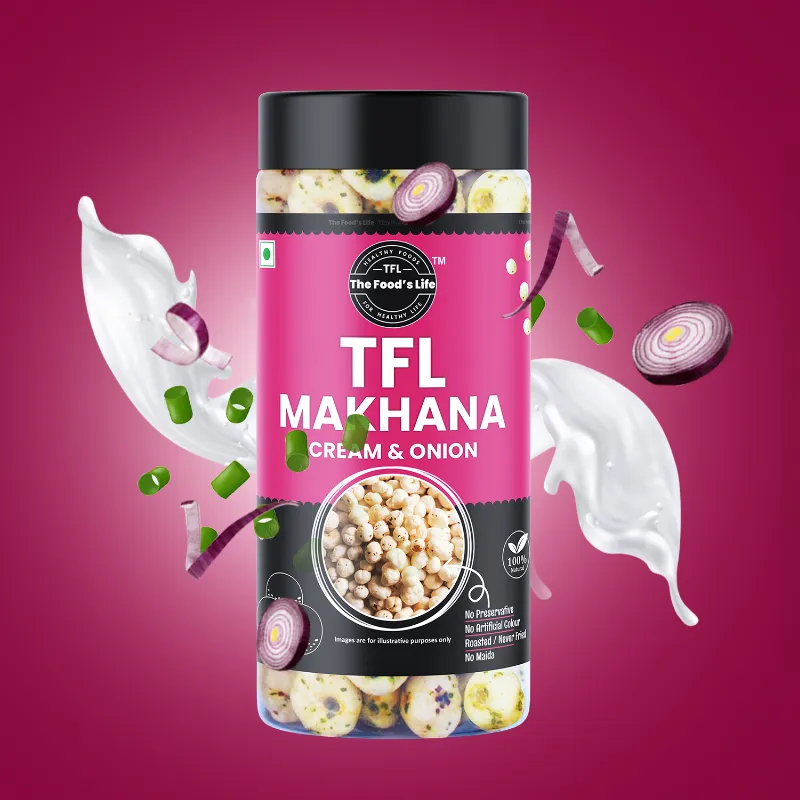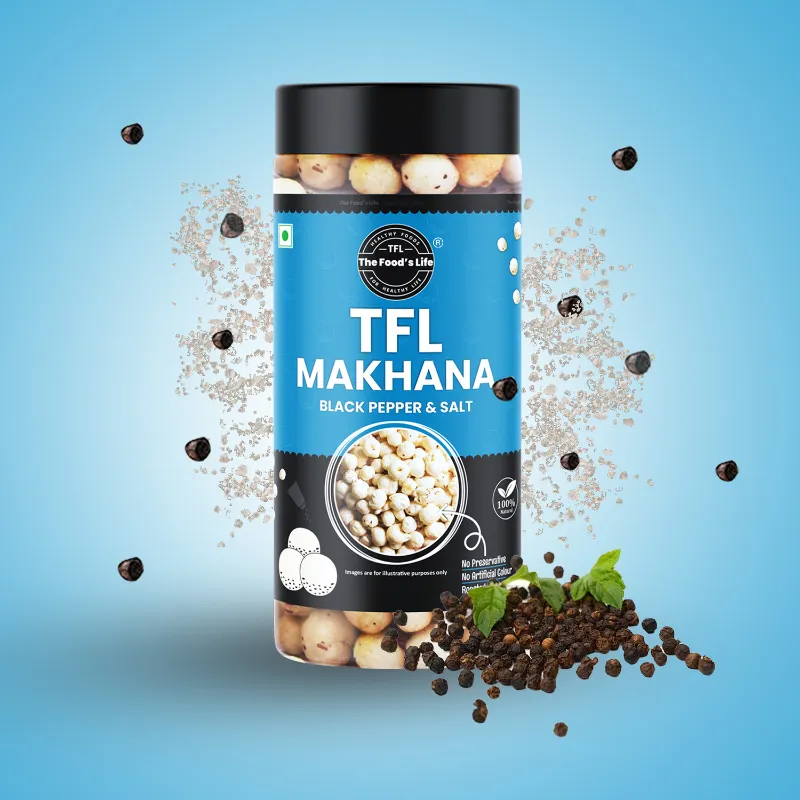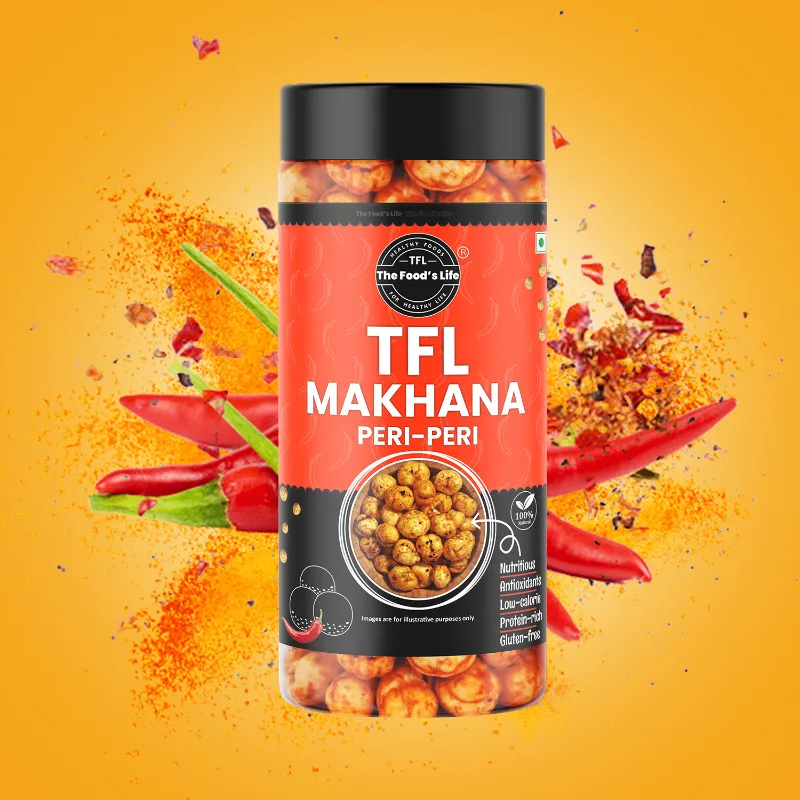Unlocking the Nutritional Potential of Makhana
Makhana, also known as fox nuts or lotus seeds, has become extremely popular lately due to its impressive nutritional benefits. Amongst these, the protein content stands out. As makhana protein per 100g is considerable, it has become one of the go-to snacks for health-conscious individuals, fitness enthusiasts, and people looking for a balanced diet. This blog discusses the high protein profile of makhana, how it can help in improving health, and why it should feature in your daily diet.
Nutritional Breakdown: Why Makhana is Different
Makhana is not just another snack; it's a nutrient-dense powerhouse. With approximately 14 grams of protein per 100g, makhana offers a high-protein, low-calorie option for snacking. Protein is essential for muscle growth, repair, and overall body function, making makhana an ideal choice for vegetarians and others looking to add plant-based protein to their diet.
Besides its impressive protein content, makhana is also packed with:
- Carbohydrates for sustained energy
- Dietary fiber for better digestion
- Essential minerals like magnesium, potassium, and phosphorus
- Antioxidants that protect the body from oxidative stress
These nutrients make makhana a well-rounded snack that contributes to overall health.
Makhana Protein Per 100g: A Boon for Fitness Enthusiasts
Makhana protein per 100g is a plant-based alternative to traditional protein sources for fitness enthusiasts. Protein is an essential component of muscle recovery and growth after exercise, and makhana offers a convenient way to meet these needs. You can enjoy it as a pre-workout snack or a post-exercise recovery fuel; it fits well into your fitness regimen.
How Makhana Protein Per 100g Supports Weight Management
If you are looking to manage your weight, makhana can be a great help. It is rich in protein, which keeps you full for a longer time and reduces the chances of overeating. Protein has a higher thermic effect, meaning that your body burns more calories to digest it than fats or carbs. So, by adding makhana to your meals or snacks, you can have a satisfying and nutritious option without compromising your weight goals.
A Versatile Ingredient for Every Diet
One of the most appealing things about makhana is its versatility. It can be enjoyed in countless ways:
Roasted Makhana
Add a pinch of your favorite spices to roasted makhana for a crunchy, protein-packed snack.
Makhana Curries
Cooked makhana can be added to curries, making them more nutritious and absorbing the flavors beautifully.
Makhana Desserts
Sweeten your day with makhana kheer, a delicious dessert that combines protein with indulgence.
Makhana Trail Mix
Mix roasted makhana with some nuts, seeds, and dried fruits for a nutty-rich mix of trail mix.
The choices have made it extremely easy to maintain a 100 g of makhana protein as part of your diet and keep meals thrilling and yummy.
Makhana and Its Role in Plant-Based Diets
For vegetarians and vegans, makhana protein per 100g is a good source of plant-based protein. While most other snacks are calorie-dense but low in nutrients, makhana has the advantage of being low in calories and high in protein. It is also gluten-free, so it is suitable for those with dietary restrictions.
Role of Makhana in Improving Overall Health
In addition to its protein content, makhana contributes to several aspects of health:
- Improves heart health: Potassium and magnesium in makhana balance the blood pressure levels and maintains healthy cardiovascular system
- Improves digestion: Dietary fibers in makhana support digestive health and helps prevent constipation
- Immunity: Makhana has antioxidant properties, fighting free radicals to strengthen the immunity
- Improves bone health: Phosphorus and calcium help build strong bones and teeth.






